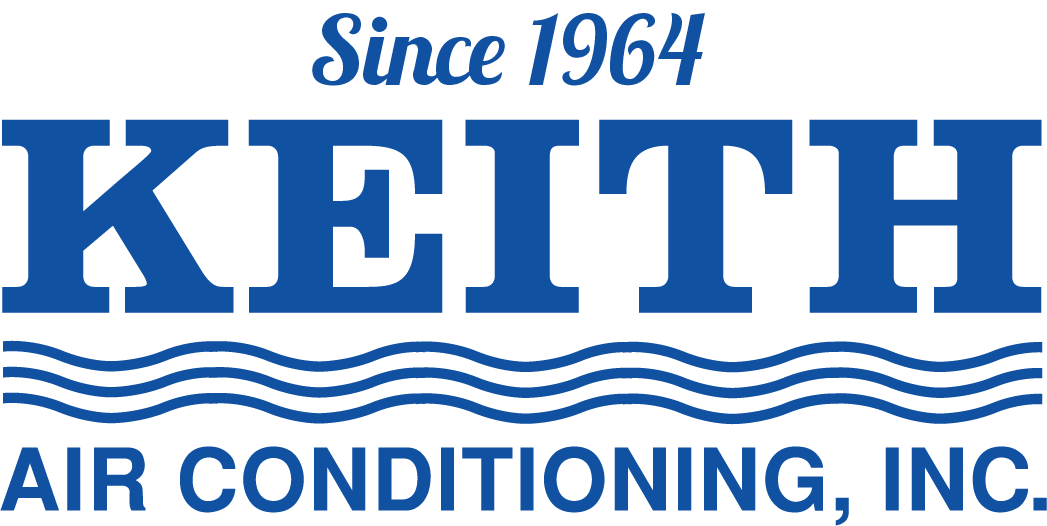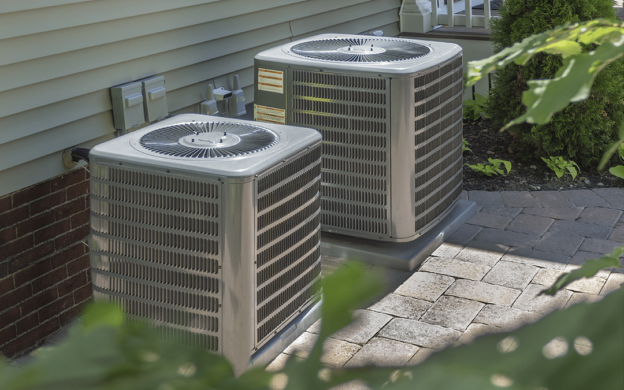When it comes to HVAC systems, some homeowners bank on luck, simply hoping their systems won’t run into any issues or need costly repairs. However, skipping regular maintenance of your HVAC system guarantees your luck will run out and neglect can lead to expensive repairs. If you don’t want to break your budget, play it smart by investing in an HVAC maintenance plan to catch little issues before they become expensive emergencies.
Through an HVAC maintenance plan with Keith Air Conditioning, you get two complete inspections each year for one low price. Homeowners love locking in a fixed cost! We recommend two inspections each year in order to inspect your air conditioner in the spring and inspect your furnace in the fall. If you use a heat pump, twice a year is recommended as well, because it runs year round and doesn’t get a break in between seasons.
During your scheduled appointment, one of our NATE-certified HVAC professionals will clean and inspect your HVAC system to determine if it’s in need of a repair. What’s NATE? It stands for North American Technician Excellence, and when an HVAC technician is NATE-certified, it means he or she have surpassed rigorous requirements for excellence in HVAC maintenance, repairs and installation of all types of HVAC systems.
Should you need a repair, your membership in the Keith Air plan will put you at the top of the priority list and you receive 24/7/365 emergency air conditioner and heating repair services when needed at no additional charge. You also receive a 15 percent repair discount on all parts and a one-year guarantee, plus priority service on the installation of a new system if ever needed.
HVAC systems are expensive, so investing in an HVAC maintenance plan is really an investment in the life of your system. When you have preventative HVAC maintenance done, your system will last longer and will run more efficiently. A properly serviced air conditioner can last approximately 14 years while a furnace can last 15-20 years.
Having an HVAC maintenance plan also means you don’t have to remember to schedule your maintenance appointments twice a year. We’re all busy people with busy personal and professional lives, so having pre-scheduled appointments takes one less thing off your list of things to remember to do.
Plus, with preventative HVAC maintenance, you’ll love the peace of mind you have, knowing your system has been taken care of, so you and your family aren’t at risk for an emergency situation. Aside from the discomfort of a system breakdown, a struggling or compromised system leaves you vulnerable to a house fire or at risk for a carbon monoxide leak. You also lower your energy bill when your HVAC system is running efficiently. When you know your HVAC system is working properly and efficiently, it ensures continual comfort and safety for your family.
Contact Keith Air Conditioning at 251-517-4437 to sign up for your HVAC maintenance plan and schedule your next HVAC maintenance appointment, so your system is good to go.




